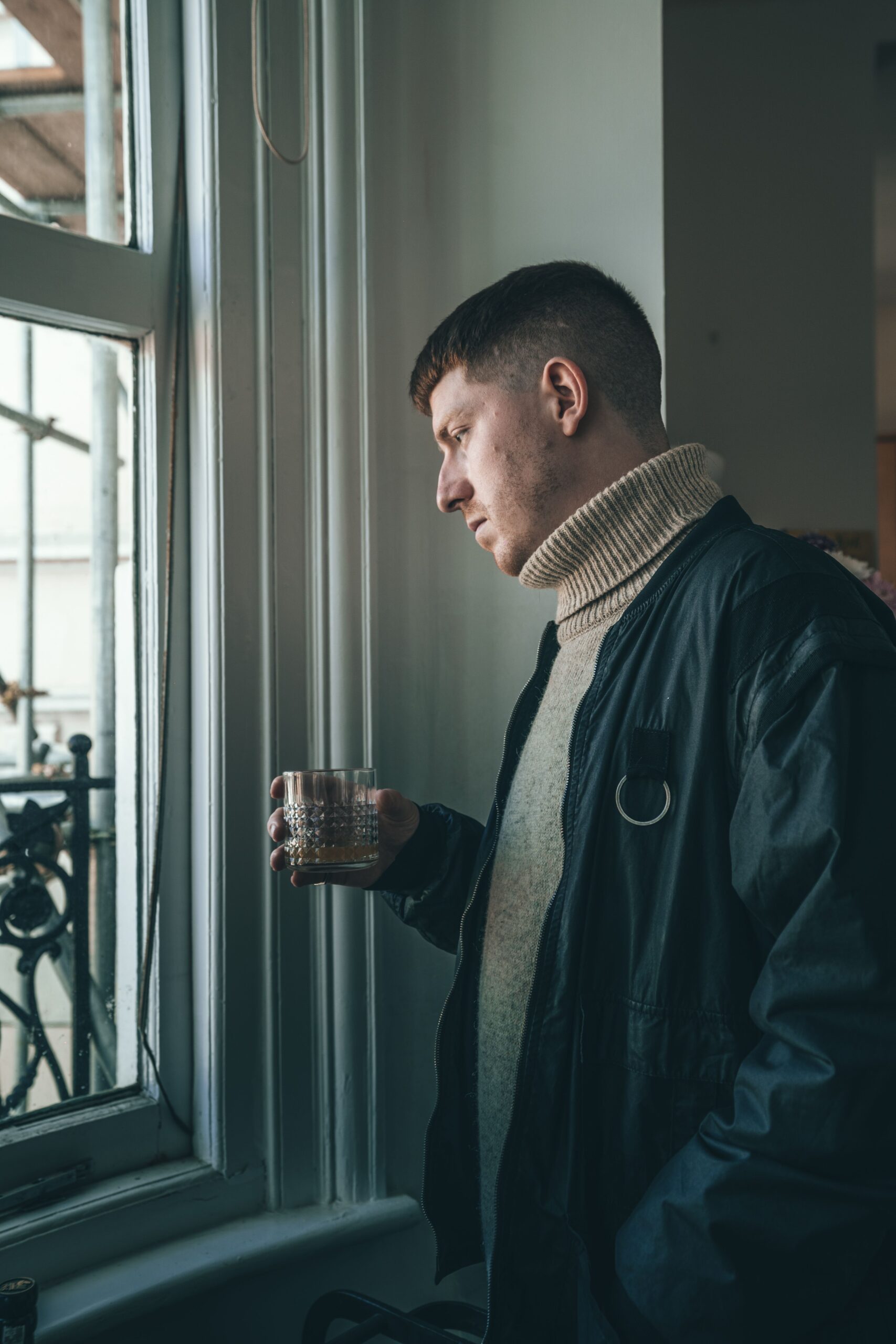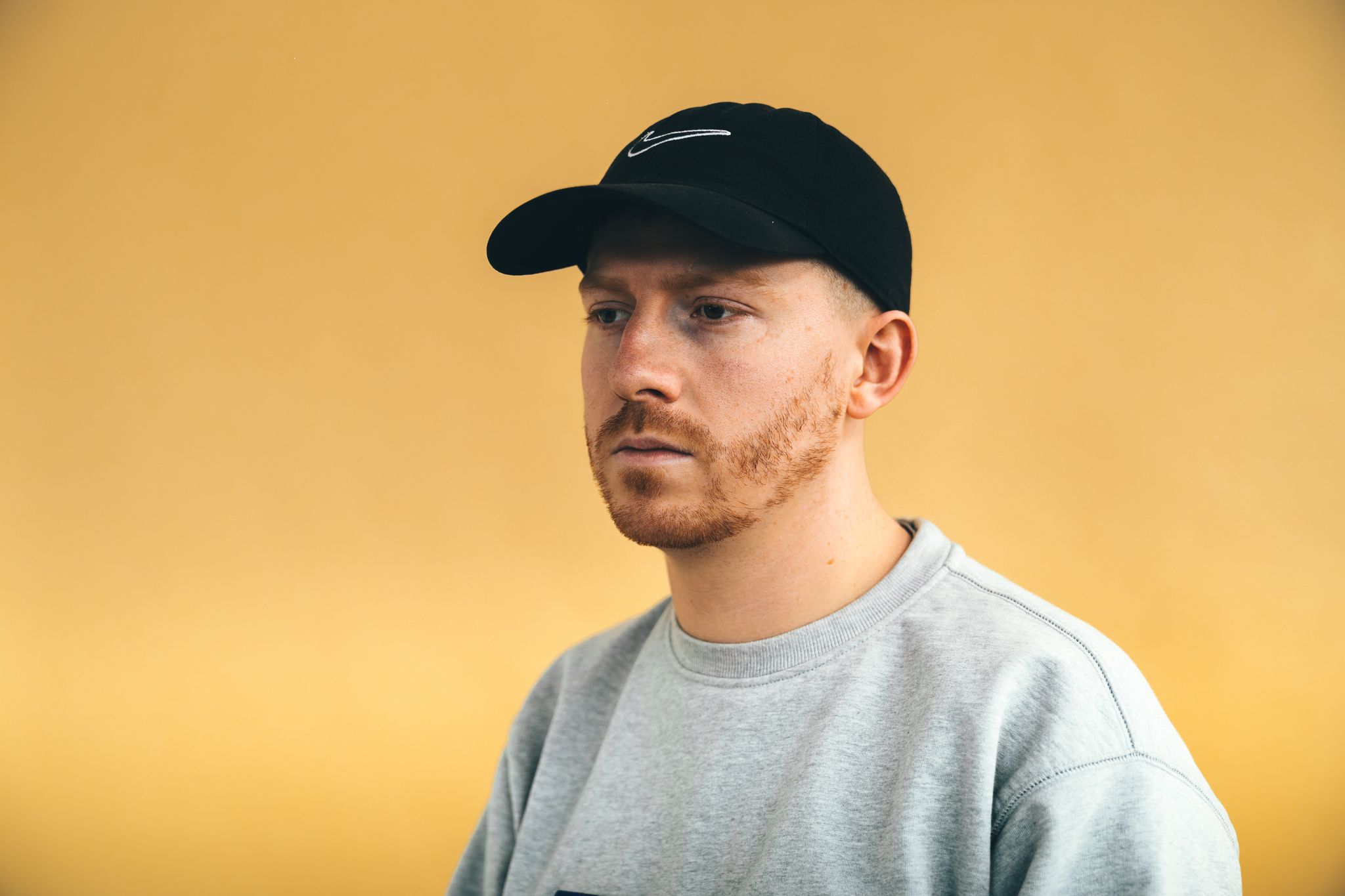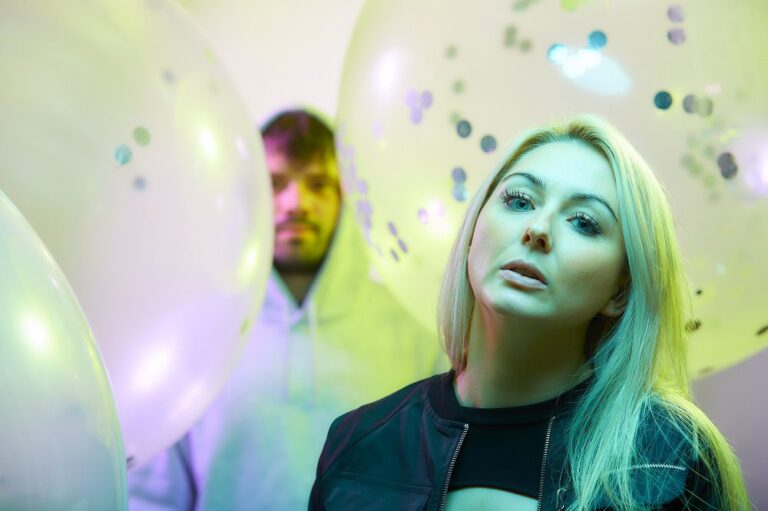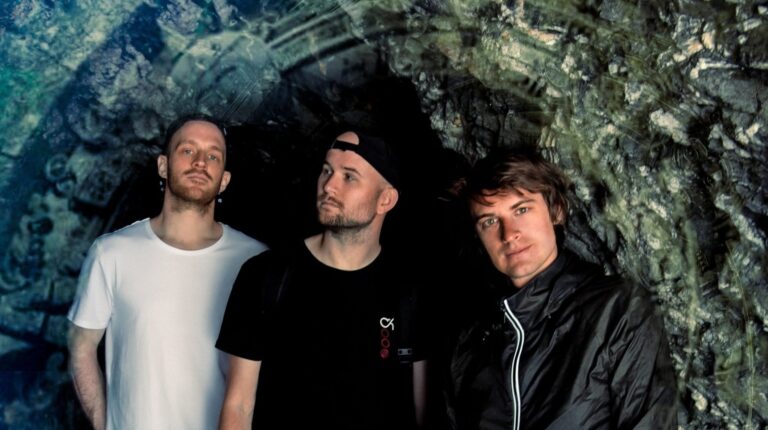After a year of personal and industry-wide struggles for Simula, he felt that his latest release meant more to him than becoming just another dent in his discography. Angels is soulfully twisted, technically masterful and packs a punch on the dancefloor, but the concept behind the project is even more special.
With 10% of proceeds going to MIND charity, this release is one that is set to travel beyond club nights and festival tents. Discussions around mental health have become more prominent than ever during the pandemic, and Simula hopes that his music will continue this positive momentum going forward.
Angels is arguably one of Simula’s best tracks to date and makes a real statement. With the bass scene holding such a strong power to spread awareness and positivity, what better way to raise awareness for a good cause than through music?
We caught up with Simula to discuss the track and why it’s so important to him and all those who listen to it.
When it comes to artists, I was always told that it was unprofessional to talk about myself as a person, whether that be my opinions or my feelings, because it would ruin the mystique I have as an artist. This is something that I want to change and normalise because it should be okay to talk about your feelings as people connect with it.
What is special about Angels?
I chose Angels because it is undeniably one of my best tracks to date. It’s very different and is a good example of complex sound design using a vibey track, which is kind of what I’m known for, but taking it to the next level. I have been getting so many messages from other producers about how much they love the track and the incredible sound design, and I thought if I was going to make a big release out of it, I wanted to do something that meant something to me. My music is quite personal to me, I wanted to take the track to another level by making it extra important to myself and others.
How are you incorporating mental health into this release?
I decided I was going to give 10% of sales to the mental health charity MIND and theme the release around mental health. The name Angels is a metaphor – the artwork is an image of an angel with its wings clipped off, which represents that feeling of not being able to take flight and escape. I feel like that represents how artists and other creatives felt during this period with being unable to perform, socialise and network, it felt like we were all “normal” people again. It was difficult.
You mention the artist experience during lockdown, can you tell us more about your time in isolation and how that has impacted you as an artist?
Lockdown was very difficult. It was a time that I struggled immensely with my mental health and I had to take a lot of time to learn about myself, grow as a person and get back to 100%. When lockdown started, I felt burnt out from years of performing and in a way, I was almost grateful to have some time away to think about what I was doing with my life and get my head in the right place.
I think, if it wasn’t for lockdown, I would be in a terrible mental state even now. In that sense I am grateful that it gave me some time to work on myself and develop, but at the same time there was a lot of suffering and loneliness. I didn’t feel like I could do the job I had spent years working towards and I felt that the government had abandoned me. I think a lot of artists felt betrayed and that we weren’t supported properly.
With this project, I wanted to put across the message that it’s okay to talk about this and feel like this. You are not the only one, a lot of people share the same experiences. With the sense of togetherness, there can be a feeling of positivity. Happiness is the number one priority and should be in everyone’s lives.

A double-edged sword kind of situation for you then, feeling like you needed the break but the break was also a curse at the same time – that must have been quite a confusing time?
It definitely was confusing. I feel like every artist has to have a bit of an ego so you have to tell yourself that you’re so lucky to have a job where you’re paid money to play to thousands of people. When lockdown hit and the shows dried up, it felt like there was nothing left. That feeling of having no purpose was awful and I found that I really had to focus and create new projects for myself, mainly the label that I started with Annix. That was a big help to give me some sort of direction, purpose and something to build. I feel like building is important with music as you have to keep progressing, and if you don’t do that it can feel really depressing.
It’s a horrible feeling to feel like you’re just floating without much purpose.
Something I see a lot from other artists on social media is when they struggle to build for whatever reason. They’ll look at other people playing shows when they don’t have any shows themselves and it’s really difficult. It’s really hard in this industry not to look at other people. Social media is a big part of this. I’m really supportive of the new Instagram feature where you can hide your likes and other peoples likes because, at the end of the day, why does any of that matter? Some people will get barely any likes and others may get thousands, but it’s not reflective of anything meaningful.
I had to be honest with myself and accept that I do look and compare with other people and I needed to stop doing it. I found that I really wanted to learn from other people as I look up to a lot of others in the scene, but I did feel like I was spending too much time looking at them. Lockdown gave me time to rethink that and tell myself that it wasn’t important. You can go out there and network with these people but you do not need to compare yourself to them as everyone is doing something different.
You have to get to the place where you are just satisfied with what you’re doing, and that’s enough.
I found personally that I was being far too objective before lockdown. I wanted to be a big, famous artist that did really well and got loads of amazing shows, but what lockdown taught me is that the most important thing to me is the music. If I want to make the music that I love, I realised I would have to take the slow route and build something. Since I’ve been honest with myself about that, I feel really good about it. Sometimes the hardest part is realising where you were going wrong and making the positive changes to your own life. The only person that is going to make me happy, is me. That’s what I want to put across with this project – you can take control of the situation and can always make a positive out of it.
I’ve always wanted to try and help charities; I’ve done a couple of head shaves in the past for homelessness and mental health. They’re the highlights of my career in a way when I look back, because I’ve used my platform and support to raise money and help other people. That’s what makes me happy as a person, not Instagram likes.
The timing of the release is almost like it’s the light at the end of the dark tunnel that was lockdown – did you plan on that?
I was going to release it a lot earlier but I wanted to save it and wait for the right moment so that when shows returned I could put it out. I want it to be a positive thing, even though it’s framed around mental health and the struggles of that, it’s not a negative thing. I wanted to make that quite clear by putting it out at this exact time.
What changes do you think need to be made in the culture of drum and bass to encourage more transparency about tough topics?
When it comes to artists, I was always told that it was unprofessional to talk about myself as a person, whether that be my opinions or my feelings, because it would ruin the mystique I have as an artist. This is something that I want to change and normalise because it should be okay to talk about your feelings as people connect with it. I’ve started to share more about mental health now on social media, but for years and years I wouldn’t do it because I thought it would damage my career. That for me was such a toxic environment to be in, so to finally break that stigma felt amazing and it really motivated me.
When it comes to ravers, I think it’s all about looking out for each other. It’s very easy to get carried away with having fun and when you do have struggles with mental health, you can only put out so much energy before you run out. You need to respect yourself and know when you need time for yourself. You can easily drain yourself, keep an eye on your mood and your health – it’s all important.
How do you think that music plays a part in contributing to important conversations and charitable causes?
It helps to speak to people that might not necessarily listen otherwise. A lot of people value drum and bass and for many its more than just an interest – it’s a lifestyle. Portraying this awareness through music is powerful because music is such a powerful tool. A lot of people use music as a form of escapism, so having meaning behind that can really make a difference.
Tell us about the track itself – it comes through with that distinctly weird and wonderful Simula sound.
I can’t really remember how I came up with it! I was trying to do something with the traditional foghorn trend and make it more interesting. I’ve taken that big, loud foghorn sound but almost made it more majestic with this harmonic sound. It was a happy accident, I didn’t actually mean to make it, but afterwards I heard the potential of what I’d done. It’s really going to change the way I make music in the future. I wanted to remember the track for more than just the music, because for me it represented my mental health journey from rock bottom back to wellness again.
I had huge influence from artists like Halogenix, with their use of vocals in the more minimal tracks. With Simula, it’s always about keeping things simple – one thing that has always appealed to me about dance music is the fact it is repetitive and simple. I like the fact that I can make a few things every week and go out and test them at the weekend. Whilst I like long shelf life on music, it’s also nice to have this constant stream of music.
I wanted a really big harmonic lead sound, which is the main part of the track and grabs everyone’s attention, which is then answered with the vocal. I like the soulful call and response between the two sounds. It’s my sound but taken to the next level. It’s maturing, and that’s what I like about my musical journey. I want to find that middle ground between soulful and grimey I guess! What got me into drum and bass was liquid, like old Netsky, and I found my darker, heavier side from other genres like Dubstep. To satisfy my creative needs, I need to meet in the middle.

You talk about how you’ve developed your sound; you’ve still managed to maintain the special sound design – is that at the core of your musical mission?
My sound is always going to change over time, but the techniques that I use and some specific styles will come up time and time again. Lockdown taught me that I want to make music that I’m happy and I am now more aware of my own style than ever. I just want to play with that really and see what I can come up with. I appreciate the technical side of drum and bass; I like the intricacy. I like how it can be very simple music all the way to beautiful compositions – it’s so diverse.
Simula – Angels out now. 10% of all proceeds with be given to MIND.
Follow Simula: Facebook / Soundcloud / Instagram


